While some people out there had been waiting for eight years for Cyberpunk 2077, I had been waiting for nearly three decades. I played a lot of the tabletop game it’s based on, Cyberpunk 2020, and every time a game with a Cyberpunk slant would appear, I would hope for something that touched on those late-night sessions with friends. None of them ever did, and despite the license, the name, and the involvement of the tabletop game’s creator, Mike Pondsmith, CD Projekt Red’s attempt doesn’t either.
Cyberpunk 2077 was the most hyped game of 2020. The buildup to release lasted years. Fans had experienced multiple delays to the release while developers endured crunch conditions to get the game ready for market. In the end, expectations simply were not met, and just about everything that could go wrong with a game’s launch did.
However, if you strip away all the headlines, Cyberpunk 2077 is still a game, and games get reviewed. We decided to sidestep the launch week rush, and instead, I was given the freedom to submerse myself into the game, taking as long as was needed to draw my conclusions. A rare gift for any reviewer, and one I decided not to squander.
Beauty is only skin deep

The most exciting thing about Cyberpunk 2077 is the obvious potential for greatness, which is evident in almost every part of the game. Playing on PC, enjoying arguably the best looking and most stable build of the game, it looks stunning. If Cyberpunk 2077 has one thing going for it, it is that the game is a visual treat. Whether you have RTX on or off, you will be looking at one of the prettiest open-world games of all time.
Be it walking through the center of Night City at midnight, with neon lights bouncing off the chromed-out denizens of 7th Hell, or standing in the middle of the desert at noon, Cyberpunk 2077 enjoys an almost transcendental environment. This skin, stretched so perfectly over the game, is flawless. But what lies beneath is broken, empty, and devoid of any genuine depth.
If you have played the Witcher series, there will be constant reminders of that game hidden deep in Cyberpunk 2077’s foundations. The loot system, merchants, mods, and the inventory have all been lifted, or at the very least heavily built upon, from CD Projekt Red’s magnum opus, 2015’s The Witcher III: Wild Hunt. Hardly a crime, but perhaps a little surprising for a game that had such a long development cycle.
Unfortunately for Cyberpunk, it is filled with minor issues that will chip away at your immersion. The AI for crowds is, frankly, appalling. People will react to you with either complete oblivion or the most exaggerated reactions of all time. Pulling up to a curb to park your car can send people running, screaming about cyberpspychos at the top of their lungs. It’s hilarious, no doubt about it, but hilarity is not the aim here.

The crowd AI is superior to the traffic AI only because it actually exists. When driving your car, you will realize that traffic does almost nothing to react to you, which is fine because it is easy to avoid other vehicles on the mostly barren streets. Stare off into the distance and you will be able to see all kinds of vehicles on the road that you can never quite reach. This is a simple trick of the engine, a facsimile of traffic that disappears in a haze as you get close, shattering any potential immersion you dared to submit to.
Much of the game hints at a depth that was, perhaps, removed. It’s impossible to know why the city contains a half-finished mass transit system or why pedestrians walk tiny routes to give the impression of bustling streets. The police force exists purely to pop into existence should you kill a civilian, but it won’t try to hunt you down, which makes losing them as simple as driving in any direction that takes your fancy. You can occasionally work with them, sticking the boot to gangs and criminals to earn experience, but that is hardly very Cyberpunk at all.
In short, Cyberpunk 2077 is a game that can offer you various types of disappointment on many levels, and that is not even taking into account the endless bugs, broken quests, and inconveniences of design. I do feel the need to point out that, other than the potential game-breakers, most of this is stuff that you can mostly ignore, if you choose to. If you are the type of player who doesn’t care about smaller bugs or mild inconveniences, you should be safe here.
It’s not all bad, however

Like many things in life, with the bad comes some good. While the overall narrative of Cyberpunk 2077 is a somewhat mangled mess of contradictions that insists on eating itself at every turn, it can be quite enjoyable. It’s not a Cyberpunk story, but instead, it falls into the habit of being a fairly standard revenge tale.
After getting your personality pushed out of your head by a bullet, you wake up to find that the stolen data shard you had lodged in your noggin managed to reboot your brain with another, co-existing personality — or parasite. Johnny Silverhand is now along for the ride, and he wants to get revenge against the people who ripped his mind out of his body and put him on ice for 50 years.
You get caught up in a tale of betrayal and intrigue that repeatedly ignores significant plot holes to keep itself moving forward. It’s fun, but it lacks the punch of classic Cyberpunk, the depth of truly hard science-fiction, or any real social commentary outside of “I want to burn the system because the system something, something.” The story floats the idea that V, the main character, and Johnny are somehow merging, taking on each other’s personality traits, but the game lacks any real mechanics to back this up. Conversations with different characters and any decision making throughout the game become simple min/maxing, as you angle for the best possible result over the most interesting one.
As for how impactful those decisions are, the answer is a little more complicated. Specific side missions will impact the main story and the potential endings you will have available to you. Outside of that, many of the side jobs and gigs have self-contained choices that will matter on a smaller scale, affecting the people involved in the mission, but nobody outside of it. This is a little disappointing, but once again fairly standard for this type of game; it merely would have been nice for Cyberpunk 2077 to push this aspect of game design forward.
I think the reason the story in Cyberpunk 2077 is so disappointing is that if you squint really hard, you can trace the origins of Cyberpunk not to authors like Gibson and Dick, but to Mary Shelley. It was with Frankenstein that Shelly would posit the question, “At what point does technological interference reduce our humanity?” This question is at the heart of all cyberpunk, the clash between the organic and the mechanical, the spiritual and the technological.
That is 200 years of iterating on a theme, yet despite having a clear way to broach the same subject in a new way, we get a retold tale about one man’s drive to assuage his own injured ego. Silverhand and V were not at risk of becoming each other, they were always the same tired person.
Blood and chrome

The actual act of shooting things in Cyberpunk 2077 is surprisingly solid, with weapons that have character and style. However, melee combat is a little sloppy, giving too many avenues for stun locking enemies and then slicing them into oblivion. Stealth is a bit of a disappointment, as inferior enemy AI means that every enemy within a mile knows where you are if you get spotted. There is little chance to take someone out before they can raise the alarm, and enemy pathing and reactions are so basic that straight up abusing the AI becomes the best course of action for stealth players.
Hacking is interesting, giving multiple options to deal with different enemies, but it can become so overpowered that it renders most challenges in the game almost entirely moot. When you can infect an enemy with damage, then spread that damage to everything around it, and do it all through a wall, there isn’t much reason to do anything else.
What the game has going for it is just how much of it there is if you are having a good time. There is no shortage of points on the map to investigate, fixers to work with, people to kill, things to steal, and sneaking around to do.
The verdict
It is impossible to play Cyberpunk 2077 and believe that this is the game the developers wanted to make. It feels too shallow in places, rushed in others, and it continuously undermines itself with bugs. It should be brilliant — and has, or had, the potential to be — but it never quite manages to reach the heights that it was so clearly aiming for.
Depending on your luck, playing it can also be an erosive experience. It will boil down to how many bugs you get hit with, how many times you need to try to repeat missions because the next step won’t trigger, or how often you need to step in and out of an elevator to get it to work. I found my overall enjoyment went down as I played the game, despite the systems opening up more fun options for engaging with the world.
Most damning, it is impossible to feel like Night City is a living, breathing place. The heart that pumps blood around this game is completely and very obviously artificial. There is no beat, no staccato rhythm that pushes blood through arteries or sucks it through veins. It is strictly mechanical, a simulacrum of what is real.
The good news is that, with time, CDPR can perform a transplant and truly bring this game to life, elevating it to being a great gaming experience; it will just take time.
Final score:
7 / 10
| + | The game looks stunning if you have a good enough PC to push those quality sliders to the right. |
| + | The shooting is surprisingly smooth. |
| + | The game is filled with content, so a relatively short campaign doesn’t mean there isn’t anything to do. |
| – | Bugs. Endless, countless bugs. |
| – | There is much about the game that feels unfinished, sacrificed upon the altar of time. |

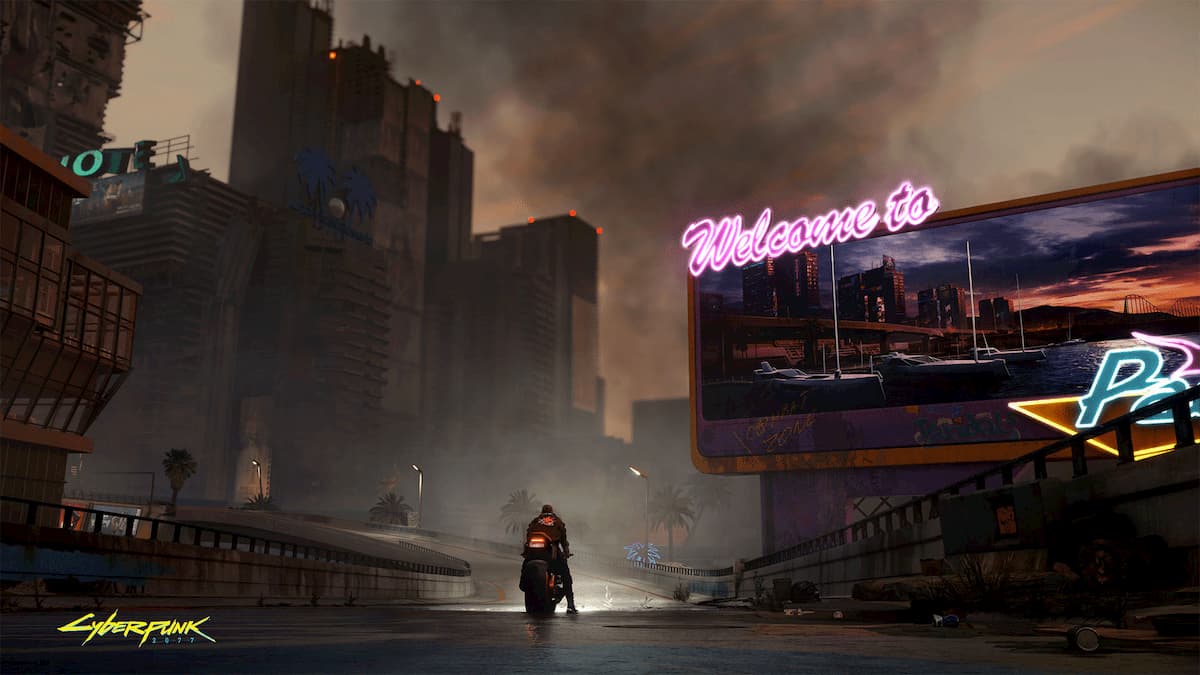
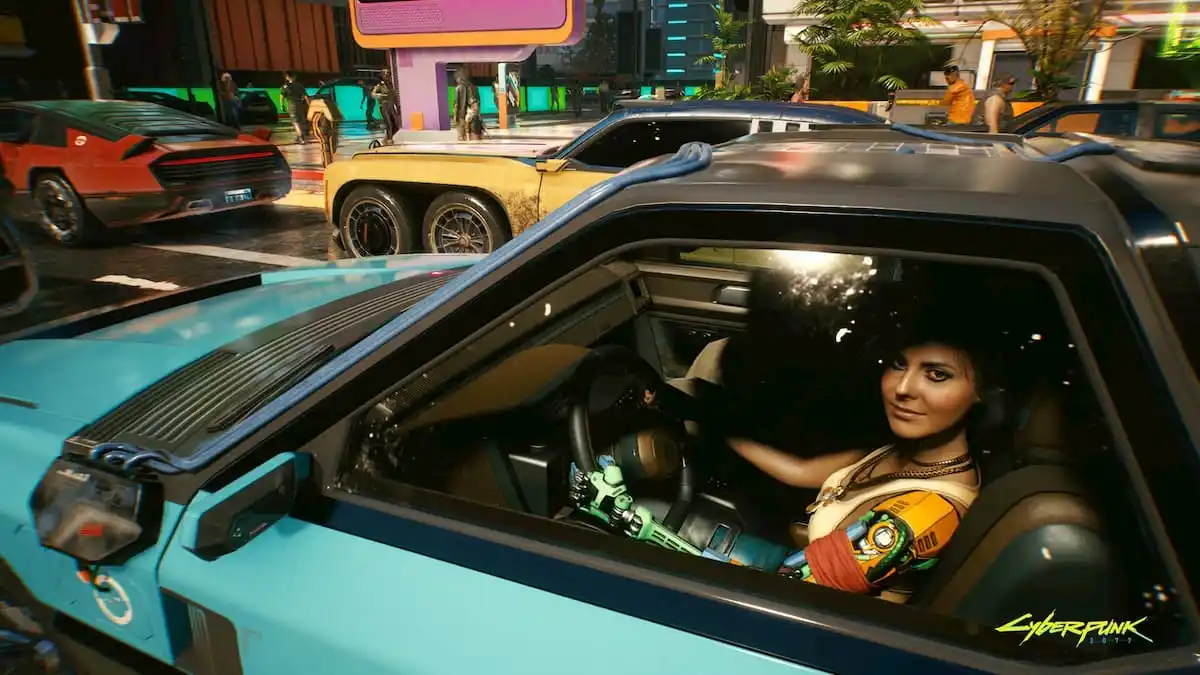
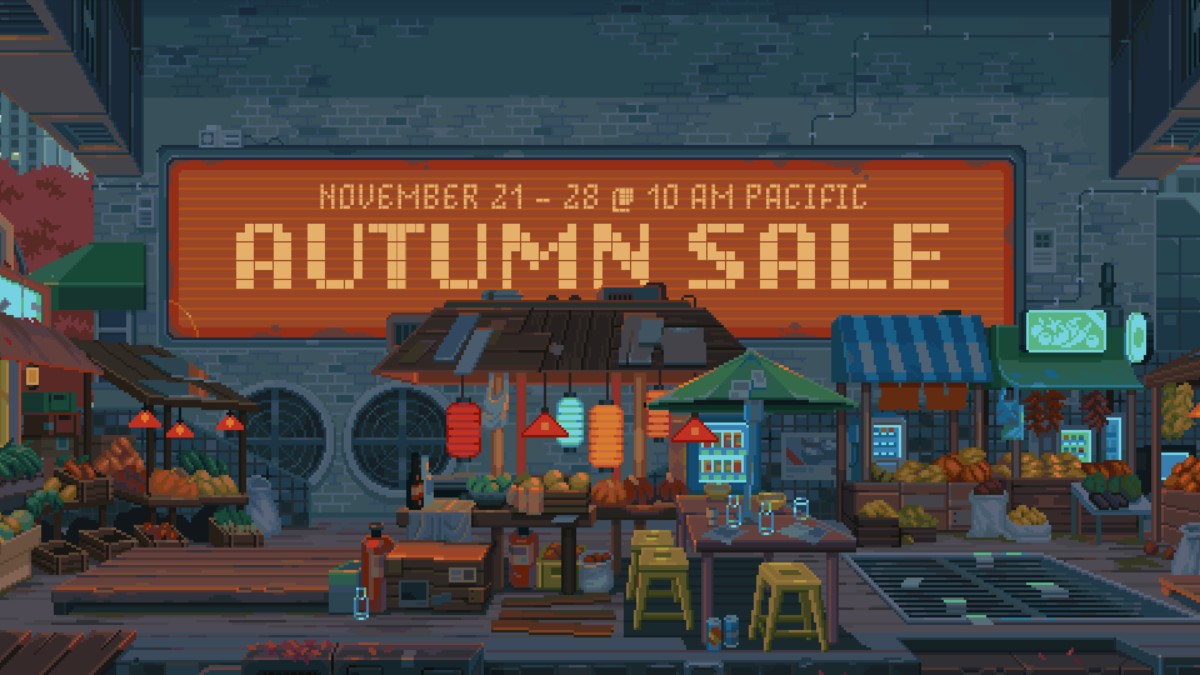
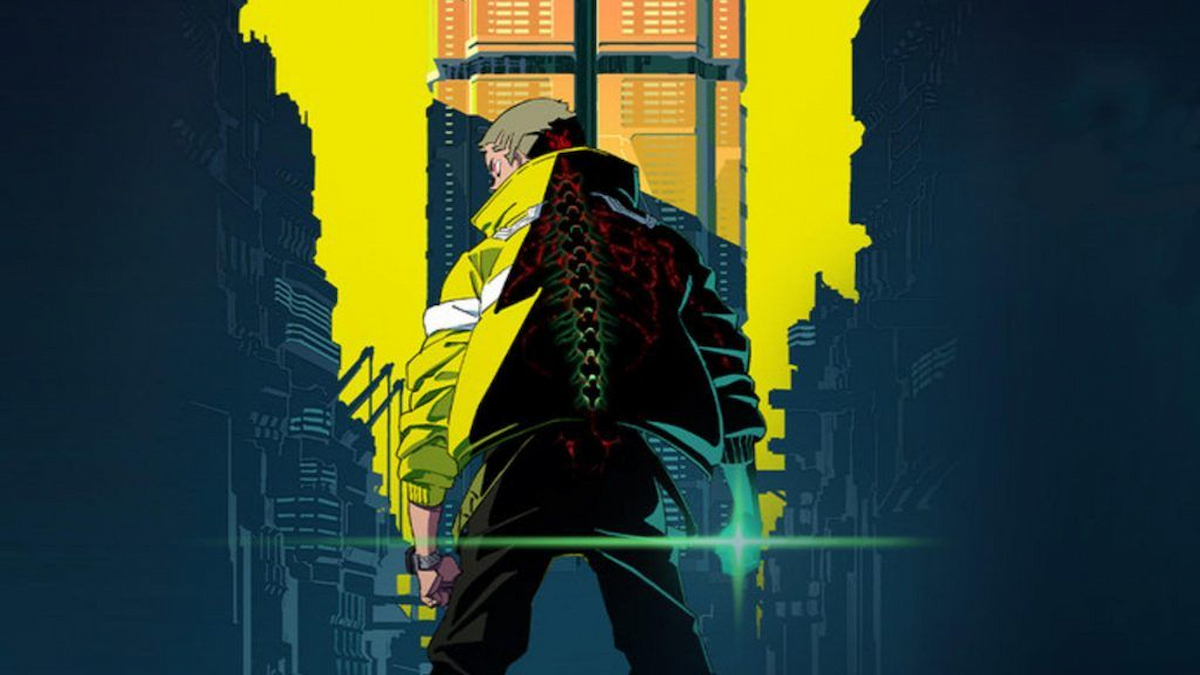

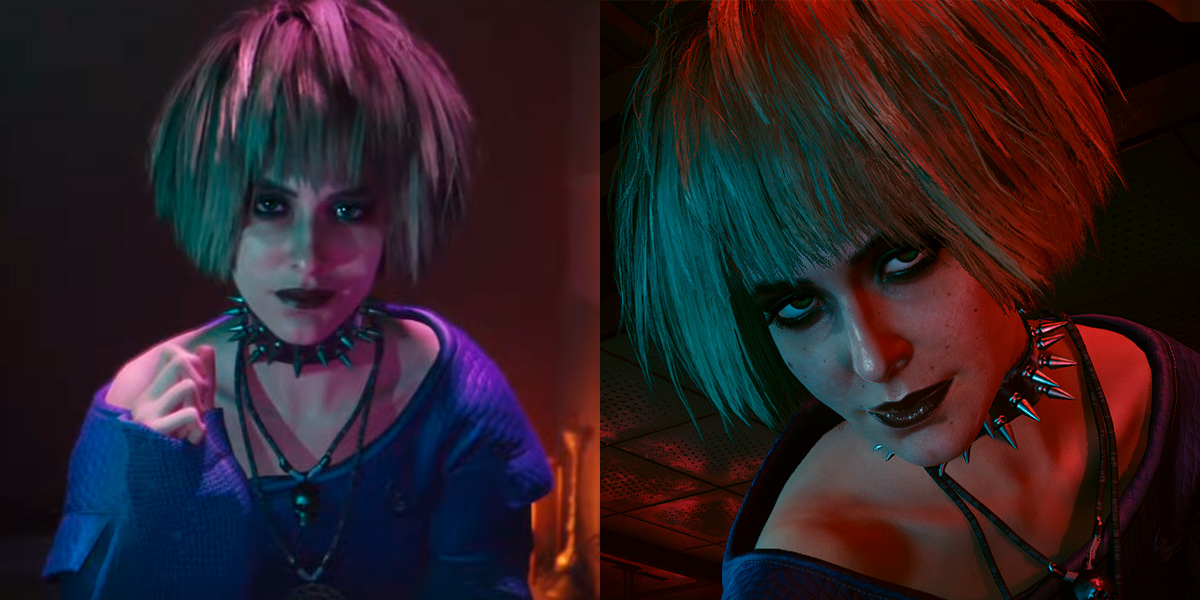
Published: Jan 14, 2021 02:22 pm